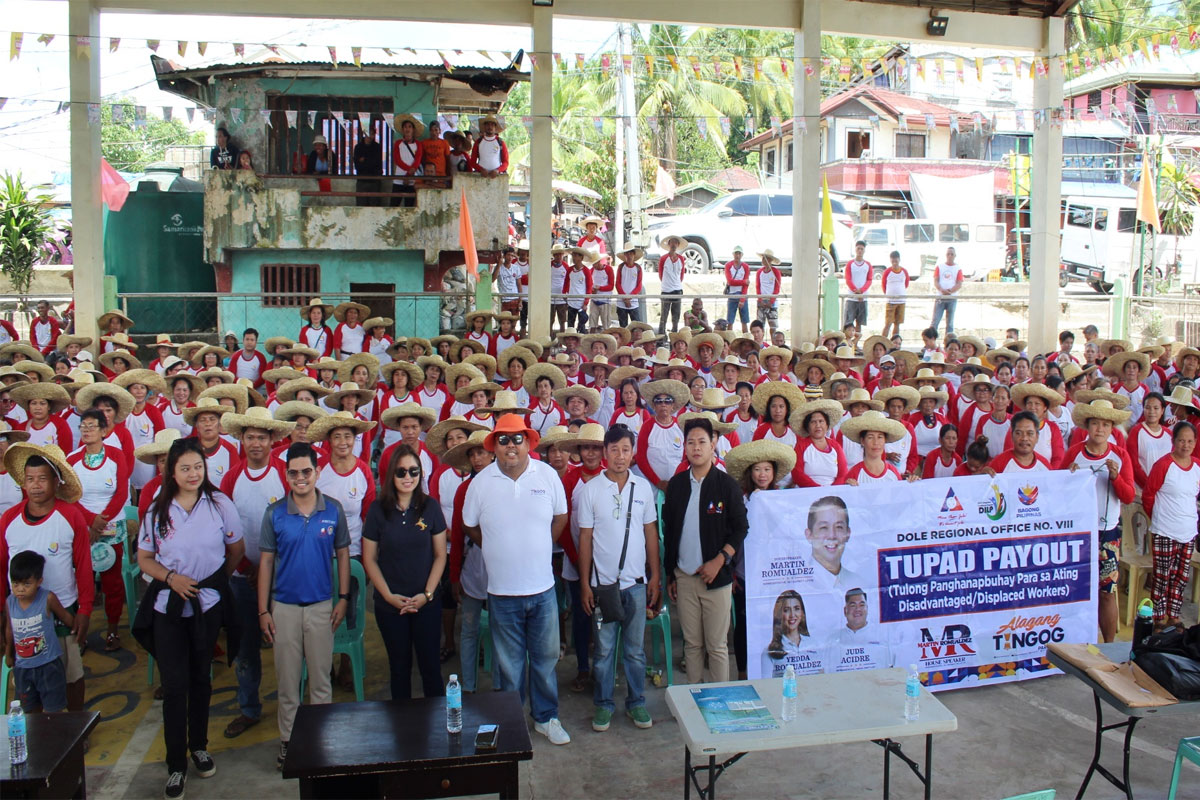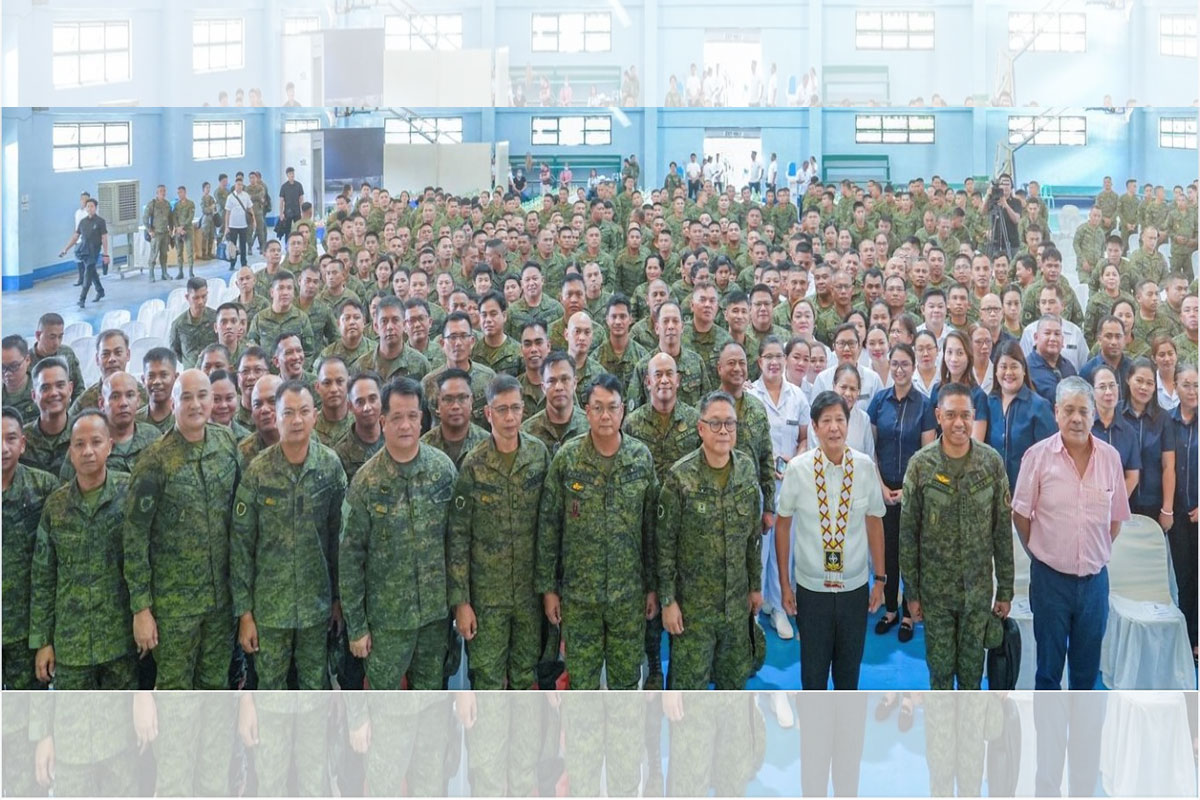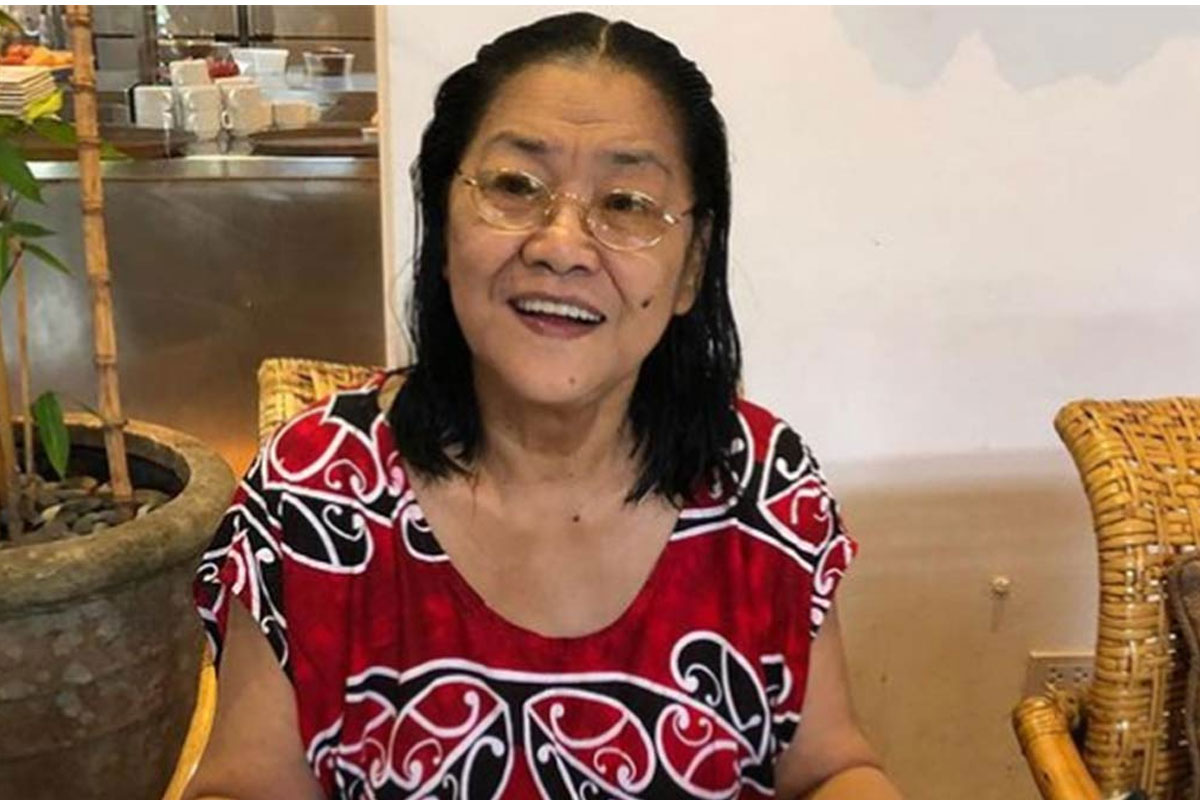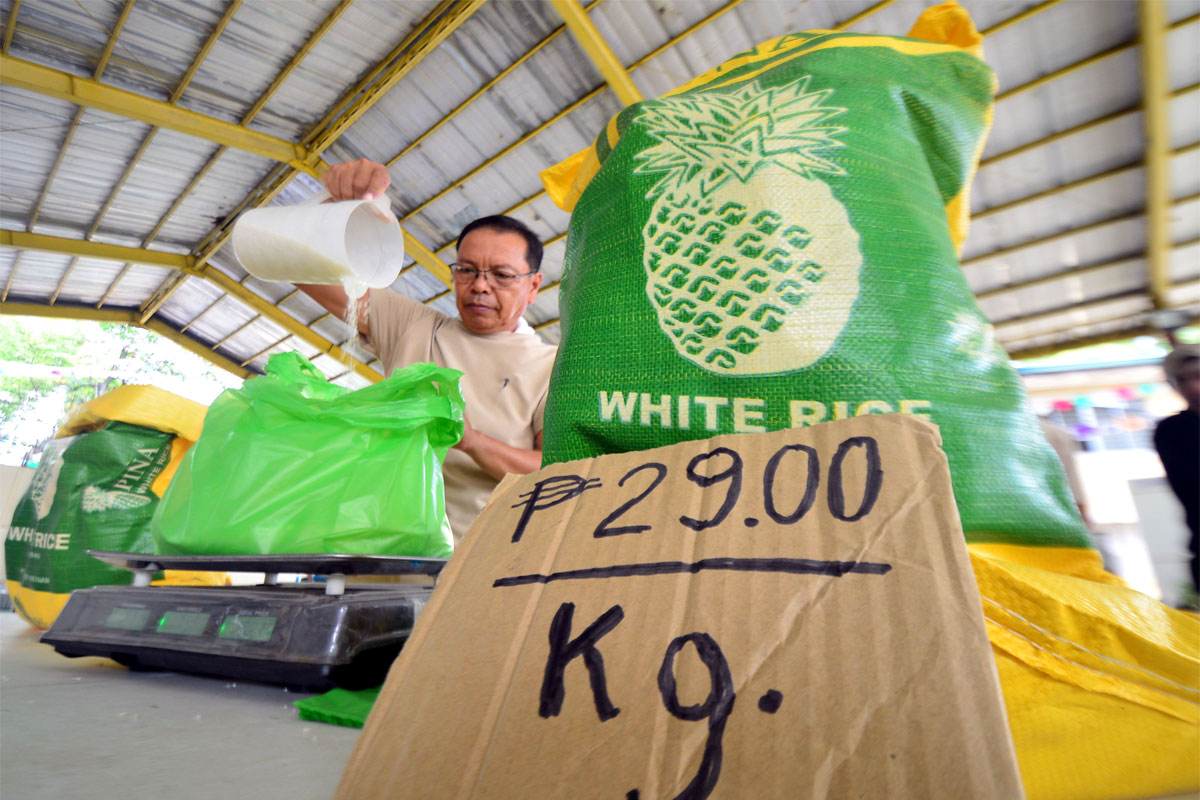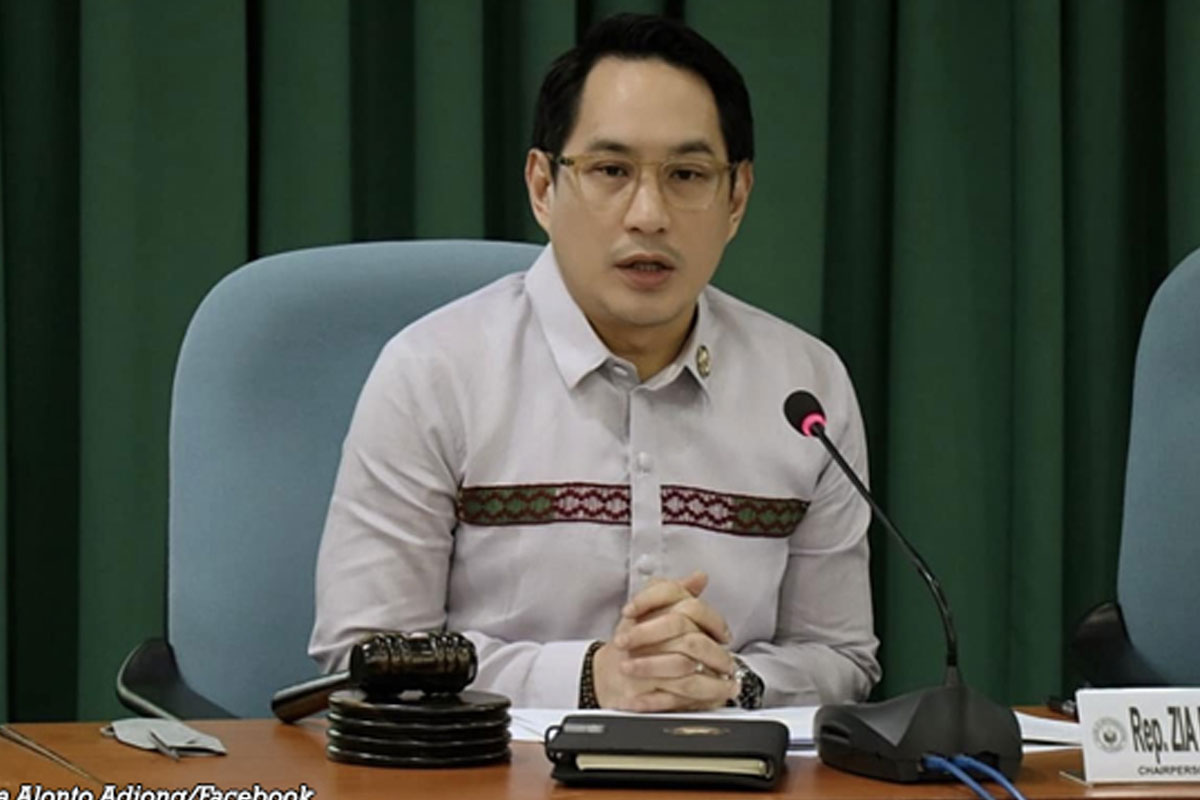
NBI clearance enough for employment?
IS it possible that police clearance won’t be required anymore in employment as workers are also asked to submit the one issued by the National Bureau of Investigation (NBI)?
Doing away with the police clearance not only shortens the long list of employment requirements but also reduces the cost of finding jobs.
If the police and NBI clearances have the same use, why require for both of them from needy folks?
Life has become harder for our unemployed countrymen during the pandemic. The money they would spend for police clearance can be used to buy food and medicines.
Earlier, the Philippine National Police (PNP) wrote the Department of Labor and Employment (DOLE), urging the latter to use the National Police Clearance in its ‘transactions’.
The NPC is produced by the National Police Clearance System — the newly-developed program of the PNP to check records of individuals using its crime-related databases that are national in scope and updated in real time.
However, the system won’t be helpful to the many jobless Filipinos amid the COVID-19 pandemic if it will be used for employment.
What our people need at this very moment is assistance to improve their very sad plight.
**
The government is supportive of community pantries. In fact, it has already helped similar endeavors and continuous to do so through the Department of Agriculture (DA).
Throughout the quarantine period, the DA has helped farmer groups sell their produce to non-government organizations or NGOs and other charitable institutions who want to distribute agricultural products to people in need.
DA’s market matching team links NGOs to farmers. These NGOs give vegetables to their identified beneficiaries.
The agency’s partners have been giving vegetables to different communities since the start of the pandemic.
Kadiwa ni Ani at Kita is a direct marketing program of the DA which is supported by various local government units, barangays and homeowners’ associations in Metro Manila and major urban centers, both benefiting thousands of farmers and consumers.
The DA, according to Assistant Secretary for Agribusiness Kristine Evangelista, is also a member of the Convergence Team composed of different government agencies, and every time the team extends help to communities here in the National Capital Region, DA brings vegetables.
The community members divide it among themselves. The group will keep on pursuing this activity.
Meanwhile, as the country observes public participation in recovery efforts through the community pantries that are sprouting in various regions of the country, donors can also purchase from the Bureau of Fisheries and Aquatic Resources’ Oplan Isda which also resembles the office’s Kadiwa ni Ani at Kita fisheries products.
Similarly, fish producers are linked to retailers who buy in bulk.
Currently, BFAR works with two cooperatives buying fisheries produce in bulk and will be distributed to sellers or donors who wish to distribute to community pantries.
**
For comments, please call or text 09569012811 or email [email protected]


